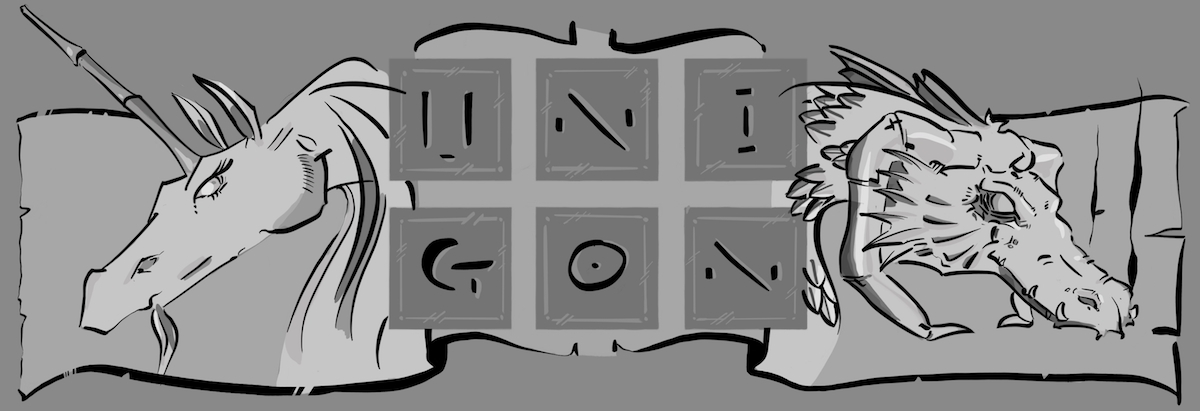It is an interesting thing: growing old.
I expected a few things to happen. Thinning hair: check. Worsening eyesight: check. Epidermal blemishes: check. Crow’s feet: check. Biological clock: what?!
I recently finished reading a book where in one of the early protagonists is a very young girl of all but six years in age. As I read of her plight in the book and her flight from one danger to the next, I could not help myself from feeling this deep sense of longing to protect her. I found myself telling myself that if she was my child none of this would be happening. Which to be fair, if it were true, at least in context to the story, then it would have been some other little girl at the center of the epidemic, and the original little girl and I would have been ripped in half by the ensuing epidemic of vampires. Keep with me here, even in a vampire story one can find humanity, right?
What I found interesting at both a personal and detached analytical level was this soft, undefinable emotion around caring for a child; not just any child: my child. The aspect of taking care of children is not new to me. I always made it a point to be near the infants. Even when I was very young, starting as soon as 3, I would “volunteer” at the child care-center at our church. I recall even back then quietly believing that someone (I) needed to be there to care for them in case they started to cry. It is not something I voiced (granted I did not speak English for another year or two), but I just thought everyone thought and felt this about children. Truth be told, I have had to actually learn to stop and consider the situation when I hear a child cry as instinctually I will seek them out and scoop them up into my arms, even a complete stranger’s child. So this sense of protecting children is nothing new to me. It is a truly natural sense of proportion I have of this world: protect children.
So I found myself immersed in this book (“The Passage” by Justin Cronin) and this young girl, Amy, finding myself morphing into another character of the book, Brad Wolgast. He is a man who has lived a life in ways I can clearly and deeply identify with. And he takes on as his mission to protect this young girl, Amy. I became this character. Even after I closed the pages for an evening, I was still him, still wondering how my Amy was. It became, for me, more than just protecting a child; but, protecting my child.
What is so odd is how clearly I feel the desire (albeit not the need) to have child, a daughter. I have no illusions. Two divorces later I appreciate my probabilities of marrying again are low. And lower still are my chances of having children as I grow ever older. Regardless of this intersection between this desire and these realities, I harbor no need to rush matters along just to have children. It is both very foreign and very familiar for me to feel this deep impulse to want to be a father, to bring into this world another human being to raise, to nurture, to love. And to point, I never really appreciated, till now, that sublime peace that comes from listening to your biological clock surface itself into your consciousness.
And it may be, in passing, even stranger that this surfaced while reading a book about the end of the world. Tickity-tockity-tick-tock-tock, indeed.
